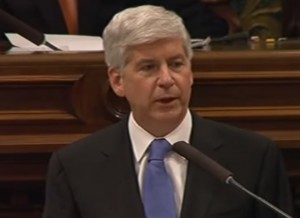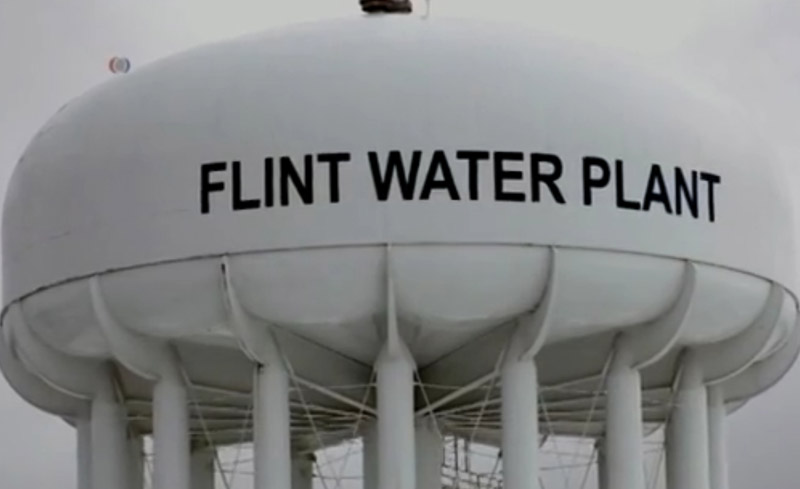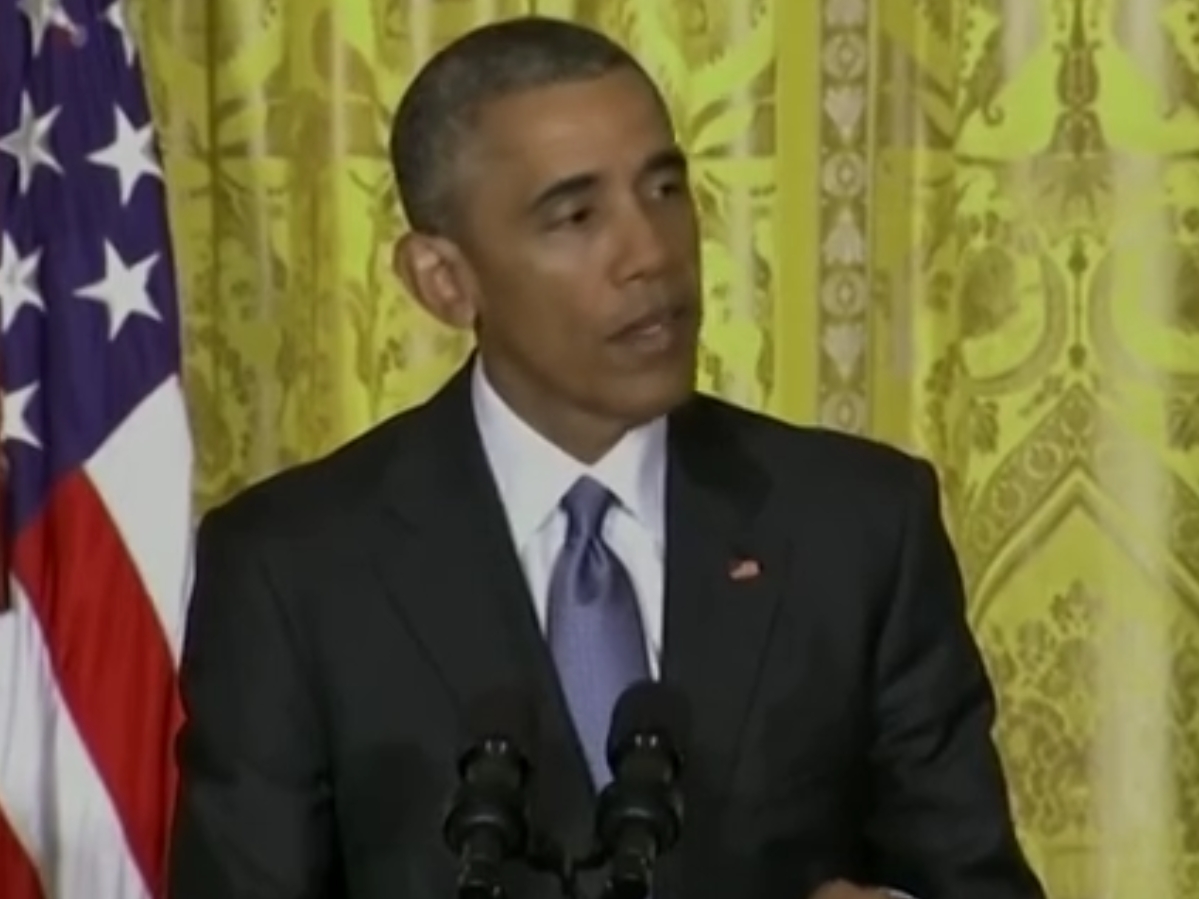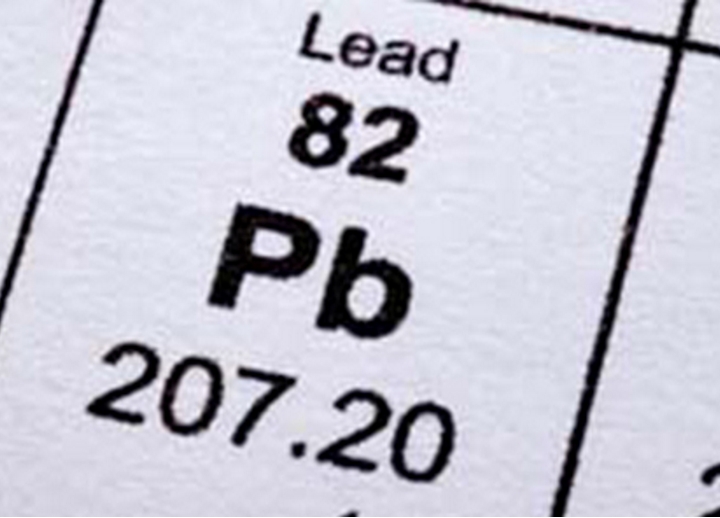
The governor of Michigan apologized Tuesday to residents in the city of Flint who have been dealing with high levels of lead in their water supply for nearly two years.
Governor Rick Snyder said state and federal environmental agencies failed to identify and solve the problem after it emerged in April 2014, and that he has replaced the state leaders with people who understand the severity of the situation.
“Government failed you — federal, state and local leaders — by breaking the trust you placed in us,” Snyder said during his annual State of the State address.
Release of emails
He promised to release his emails related to Flint and continue deliveries of water and filters so that everyone in the city has clean water.
Snyder said the state has already dedicated $9 million to the project and that he is asking for another $28 million for bottled water, replacing fixtures in schools and treating children with elevated lead levels.
Also Tuesday, President Barack Obama named Health and Human Services Assistant Secretary Dr. Nicole Lurie to a position of coordinating federal assistance to Flint.
Weaver also met with Obama’s senior adviser and his intergovernmental affairs director on Tuesday.
The White House said the officials assured Weaver that the federal government would be a “constructive partner” in the city’s response and recovery.
Corrosive water
Financially strapped Flint was under control of a state-appointed emergency manager when it switched its source of tap water from Detroit’s system to the more corrosive water in the nearby Flint River in April 2014 to save money.
The Flint River water leached lead from city pipes more than Detroit water did, leading to elevated levels of lead in the water and the blood of some children.
Flint resumed using Detroit water, which comes from Lake Huron, in October. However, the corroded pipes continue to be a problem and may have to be replaced.
Many residents are relying on bottled water.
On Saturday, Obama declared a federal emergency in Flint, freeing up to $5 million in federal aid to help solve the public health crisis, but he denied the governor’s request for a disaster declaration because the contamination was a man-made problem and therefore didn’t meet the definition of a “major disaster” under federal law.






